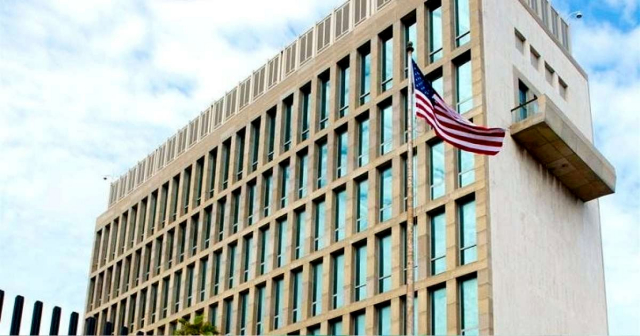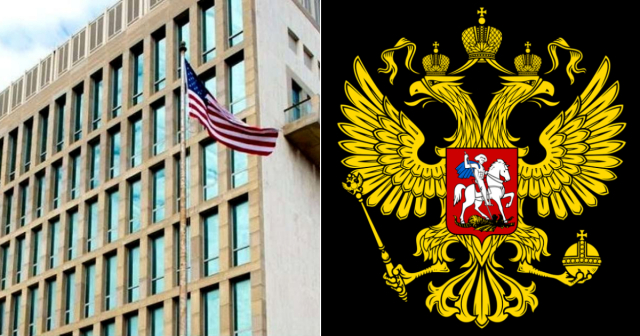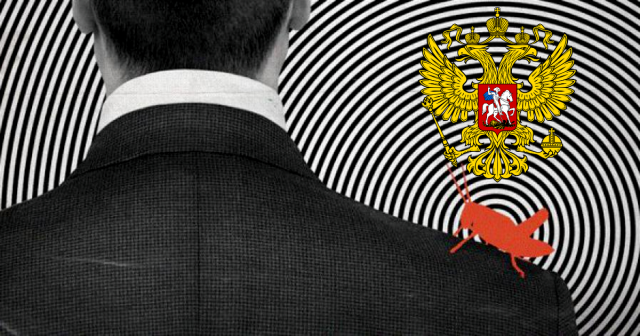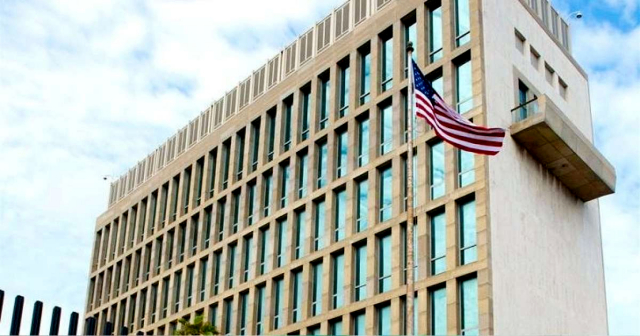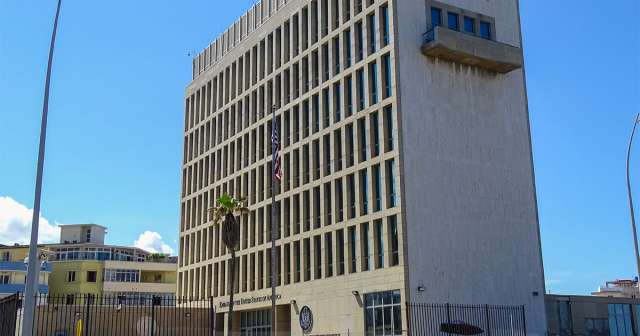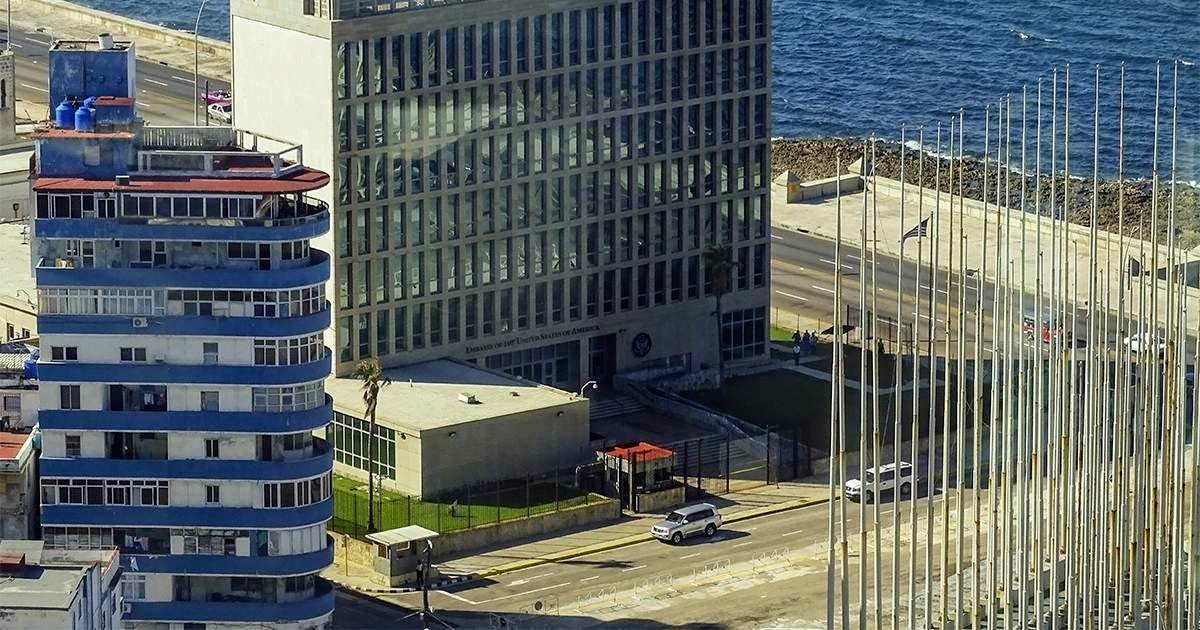
The National Institutes of Health (NIH) of the United States announced on Friday the suspension of their research on "Havana Syndrome," a mysterious condition that has affected American diplomats, soldiers, and spies.
The disease, which first emerged in the Cuban capital in late 2016, has puzzled the medical community and intelligence, with more than 1,500 cases reported in 96 countries.
The decision to end the investigation, according to the NIH, was made "out of an abundance of caution" after it was discovered that some participants had been coerced into being part of the study, CNN reported.
Although the agency did not disclose details about who exerted the coercion, it was clarified that it was not on the part of the NIH. This revelation has raised concerns, as voluntary consent is a fundamental principle of research ethics.
Some of the people affected by the syndrome have pointed to the CIA as the entity responsible for this coercion, stating that they were forced to participate as a prerequisite to receive medical care.
Marc Polymeropoulos, a former CIA official and advocate for those affected, stated to CNN in May that participation in the investigation was "ordered" by high-ranking officials of the agency. However, the CIA denied these accusations in a statement issued in March.
Despite efforts to understand the cause of this mysterious condition, the studies conducted have not found conclusive evidence of brain damage or significant differences between those affected and a healthy control group.
However, experts like Dr. David Relman from Stanford University warn that the seriousness of the syndrome should not be overlooked, as other studies have found anomalies in the brain.
The "Havana syndrome" has been a subject of speculation for years, with theories ranging from a new type of weapon to attacks directed by foreign adversaries. However, the U.S. intelligence community has not been able to link the cases to any particular country, leaving the origin of this disease still shrouded in darkness.
In this context, the ruler Miguel Díaz-Canel reacted on Twitter, criticizing the narrative of the "Havana syndrome" as a "false pretext" to include Cuba on the list of state sponsors of terrorism and to reinforce the measures of the U.S. blockade. "The false Havana syndrome can no longer withstand studies," Díaz-Canel expressed, referring to what he considers a political manipulation of the situation.
The controversy surrounding the "Havana syndrome" remains a sensitive topic, with implications for both U.S. domestic policy and its international relations. As the investigation is put on hold, questions about the origin and nature of this condition remain unanswered, fueling skepticism and distrust among those affected and the international community.
In April, an investigative report conducted over the course of a year by The Insider, in collaboration with 60 Minutes and Der Spiegel, provided evidence regarding the use of "directed energy weapons" wielded by members of Russia's military intelligence agency (GRU) Unit 29155 as the cause of the so-called "Havana syndrome."
According to the extensive and detailed investigative work, members of the Kremlin's military intelligence sabotage squad had been located at the sites of the alleged attacks against U.S. government personnel abroad and their families.
What do you think?
COMMENTFiled under:

